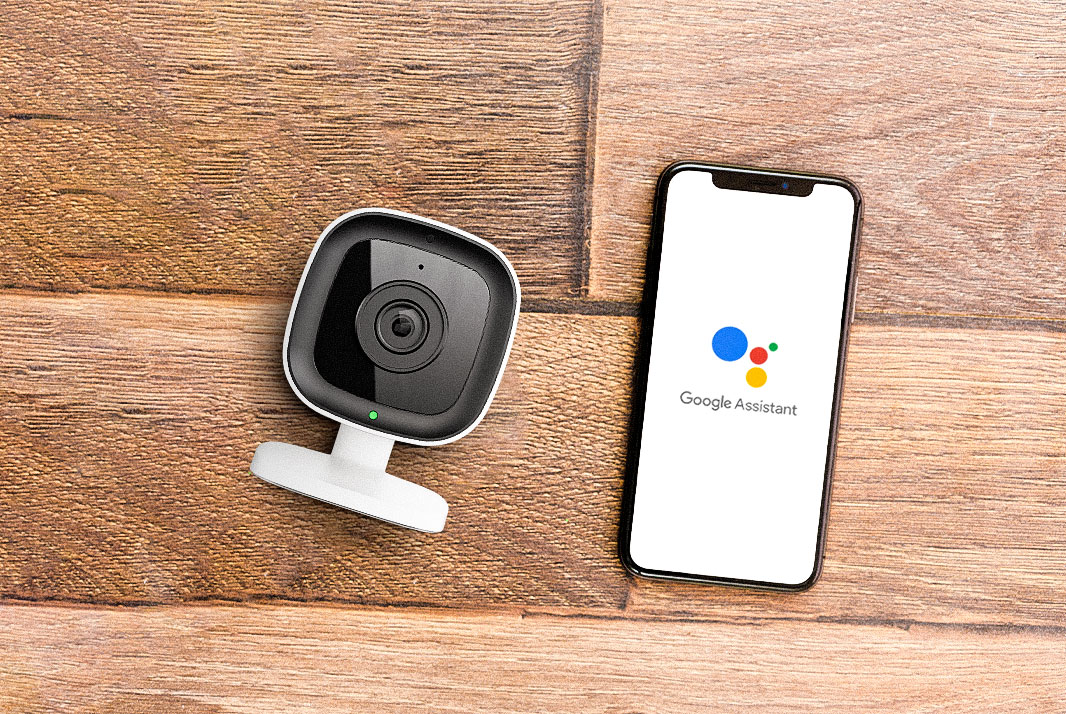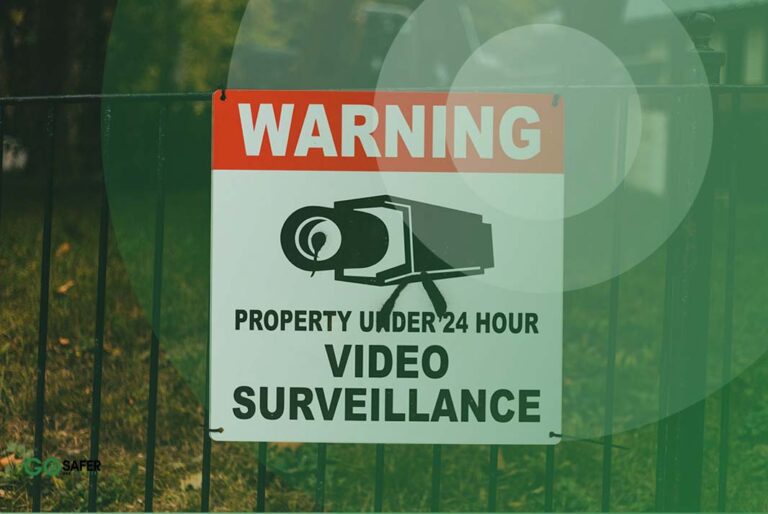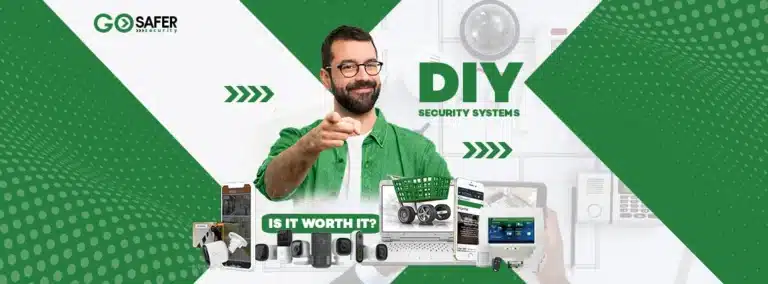In today’s tech-savvy world, integrating security systems with voice assistants is a game-changer. Imagine commanding your home security with just your voice. Sounds cool, right? Let’s dive into how you can make this a reality and why it’s a smart move.
Table of Contents
ToggleUnderstanding Security Systems
Types of Security Systems
There are various security systems available, from basic alarm systems to advanced smart security setups. These systems often include components like cameras, motion detectors, and door/window sensors.
Key Features of Modern Security Systems
Modern security systems come packed with features such as real-time alerts, remote access, and integration with other smart home devices. They offer enhanced safety and peace of mind by allowing you to monitor your home from anywhere.
Overview of Voice Assistants
Popular Voice Assistants
When we talk about voice assistants, the big names that come to mind are Amazon Alexa, Google Assistant, and Apple’s Siri. These assistants are designed to make our lives easier by responding to voice commands and performing various tasks.
How Voice Assistants Work
Voice assistants use natural language processing (NLP) to understand and respond to your commands. They connect to the internet and other smart devices, allowing you to control different aspects of your home with your voice.
Benefits of Integrating Security Systems with Voice Assistants
Enhanced Convenience
Integrating your security system with a voice assistant makes controlling your home security as easy as saying, “Alexa, arm the security system.” No more fumbling with apps or keypads.
Improved Accessibility
Voice commands make it easier for everyone, including those with physical limitations, to manage home security. This integration enhances accessibility by allowing hands-free operation.
Streamlined Home Automation
With a voice assistant, you can create routines that integrate your security system with other smart home devices. For example, a single command can lock all doors, turn off lights, and arm your security system when you say, “Goodnight.”
Choosing Compatible Devices
Compatibility Considerations
Before purchasing, ensure that your security system and voice assistant are compatible. Look for systems that specifically mention integration with Alexa, Google Assistant, or Siri.
Setting Up Your Voice Assistant
Initial Setup Steps
Start by setting up your voice assistant device. Plug it in, connect it to your Wi-Fi network, and follow the setup instructions in the accompanying app.
Connecting to Wi-Fi and Accounts
Ensure your voice assistant and security system are connected to the same Wi-Fi network. This is crucial for smooth communication between devices. Log in to the necessary accounts and link them as per the device’s instructions.
Linking Security Systems to Voice Assistants
Step-by-Step Integration Process
- Open the voice assistant app on your smartphone.
- Navigate to the settings or smart home section.
- Add a new device or skill, and search for your security system’s brand.
- Follow the prompts to link your security system account with the voice assistant.
Common Troubleshooting Tips
If you encounter issues, ensure both devices are on the same network, check for software updates, and refer to the manufacturer’s troubleshooting guide.
Configuring Security Settings
Permissions and Access Control
Decide which voice commands you want to enable and who can use them. Set up voice recognition to ensure only authorized users can control your security system.
Customizing Voice Commands
Create custom commands that suit your needs. For example, “Alexa, show me the backyard camera” or “Hey Google, is the front door locked?”
Creating Voice Commands
Examples of Useful Commands
- “Alexa, arm the security system.”
- “Hey Google, show me the living room camera.”
- “Siri, lock the front door.”
Tips for Effective Command Phrasing
Keep commands simple and specific. Avoid complex sentences and stick to clear, direct phrases.
Automations and Routines
Setting Up Security Routines
Use your voice assistant to create routines that enhance security. For instance, set a routine that arms your system and locks all doors when you say, “I’m leaving.”
Integration with Other Smart Home Devices
Combine your security system with other smart devices. For example, if motion is detected outside, your system can trigger smart lights to turn on.
Enhancing Security with Voice Recognition
Voice Profiles and User Authentication
Set up individual voice profiles for different family members. This ensures that only recognized voices can perform certain actions, adding an extra layer of security.
Best Practices for Voice Security
Regularly update voice profiles and review permissions to keep your system secure. Avoid sharing sensitive commands with unauthorized users.
Remote Monitoring and Control
Using Voice Assistants for Remote Access
Access your security system remotely through your voice assistant’s app. Check camera feeds, arm/disarm the system, and receive alerts from anywhere.
Notifications and Alerts
Set up notifications to be alerted to any unusual activity. Your voice assistant can inform you of security breaches or system status changes.
Privacy and Security Considerations
Protecting Your Data
Ensure your devices are secure by using strong passwords and enabling two-factor authentication. Regularly update firmware to protect against vulnerabilities.
Regular Software Updates
Keep your devices updated to ensure they have the latest security features and bug fixes. Regular updates help maintain optimal performance and security.
Potential Challenges and Limitations
Voice Command Limitations
Voice assistants might not always understand commands, especially in noisy environments. Be prepared to repeat or rephrase commands occasionally.
Technical Issues and Solutions
Common issues include connectivity problems and software glitches. Most can be resolved by restarting devices, updating software, or referring to support resources.
Future Trends in Security Systems and Voice Assistants
Emerging Technologies
Expect advancements in AI and machine learning to make voice assistants even smarter and more intuitive, enhancing their integration with security systems.
Predictions for Smart Home Integration
The future holds more seamless integration between various smart home devices, making home automation more efficient and comprehensive.
Conclusion
Integrating security systems with voice assistants brings a new level of convenience and security to your home. By choosing compatible devices, setting up properly, and using thoughtful commands and routines, you can enhance both safety and ease of use. This combination of technology ensures that managing your home security is just a voice command away.




